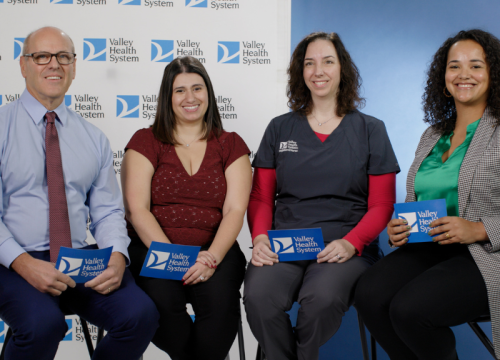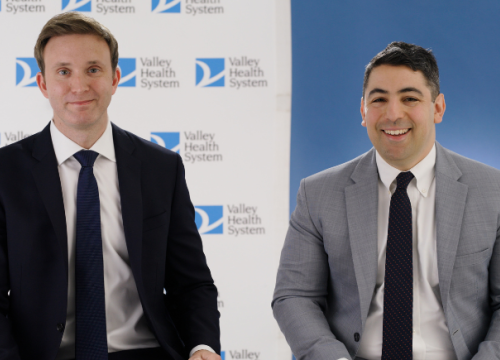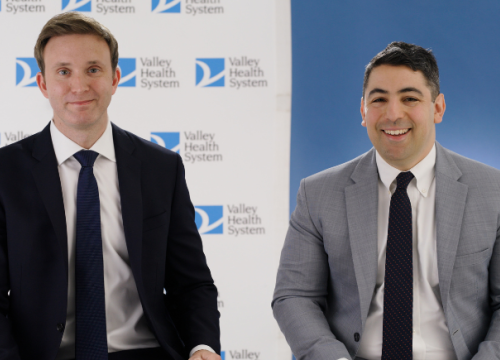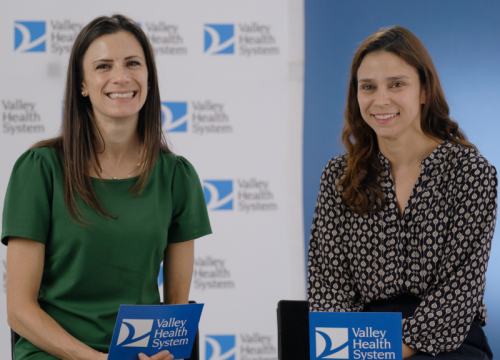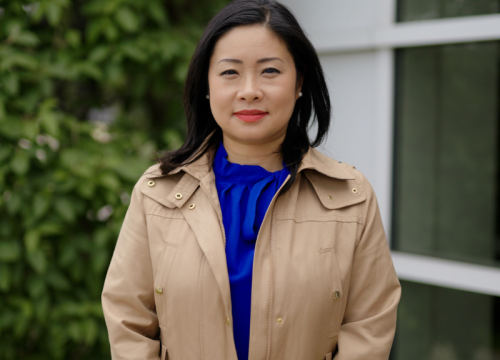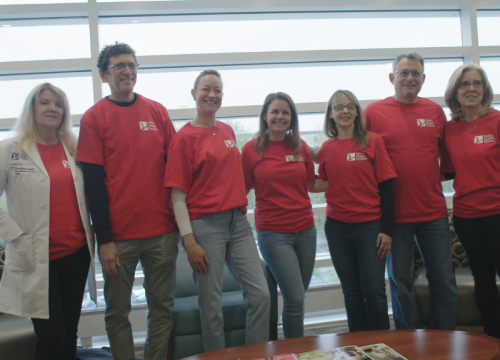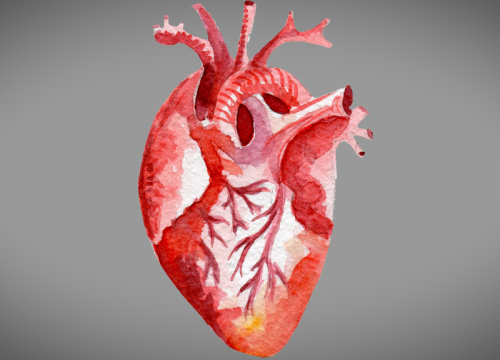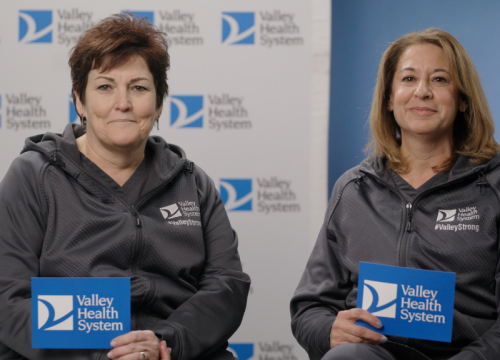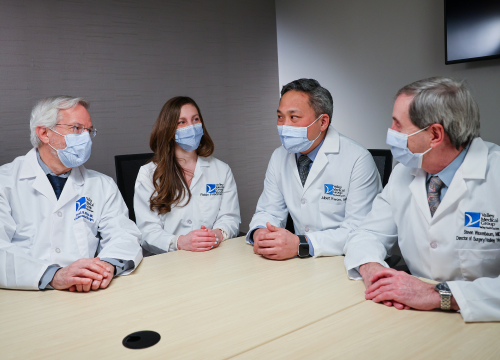The Valley Hospital is now open at 4 Valley Health Plaza in Paramus. (You may need to use 650 Winters Avenue for GPS.) All emergency care is now being provided at this location. Emergency care is no longer available at our Ridgewood campus.
Your medical oncologist may recommend chemotherapy as part of your cancer treatment. Chemotherapy are drugs that destroy cancer cells.
Chemotherapy may be given before radiation therapy or surgery to shrink the tumor, which is known as neoadjuvant chemotherapy. It may also be given after surgery or radiation to kill any remaining cancer cells, which is known as adjuvant therapy.
Chemotherapy Side Effects
Common chemotherapy side effects include:
- Fatigue
- Hair loss
- Nausea and vomiting
- Mouth sores and/or pain with swallowing
- Easy bruising and bleeding
- Appetite changes
- Urinary and bowel issues, including constipation and diarrhea
- Thinking or memory issues (sometimes called “chemo brain”)
- Low red or white blood cell counts, which increases risk of anemia or infection
Patients who experience nausea and vomiting may receive drugs called antiemetics, which relieve symptoms effectively.
Chemotherapy at Valley
- Your physician will discuss your chemotherapy options with you as part of your overall cancer treatment plan. You may receive chemotherapy along with immunotherapy or other targeted therapies.
- An on-site pharmacist is closely involved with the medications required for each patient.
- Our nurses are skilled in administering chemotherapy by:
- Intravenous route (using an IV)
- Injection
- Intrathecal catheter (delivery of drugs into the spinal fluid. Administered by a physician.)
- Intraperitoneal chemotherapy (delivery of drugs directly into the abdominal cavity)
- Combination of these methods
Addressing Low Red or White Blood Counts
When necessary, Valley's oncology services provide supportive therapy to counteract low red or white blood counts. Both are common side effects of chemotherapy and radiation.
- If your red blood count falls, you may receive blood transfusions or injections of medication that boost red or white blood counts.
- If your white blood count falls, you may receive medication to help stimulate your immune system.
- When blood counts are increased with supportive therapy, patients feel stronger and less fatigued.
Why Choose Valley for Chemotherapy?
- Chemotherapy check-in: On the day of your chemotherapy, you will see a pharmacist, nurse and doctor for a final review and to answer any questions you or your family have. After your treatment, we call to find out how you’re doing. Our goal is to ensure you are receiving the support you need throughout your chemotherapy treatment.
- Chemotherapy nurses: On The Valley Hospital inpatient unit and in our Luckow Infusion Center, all nurses who administer chemotherapy have been trained and have received a chemotherapy certificate from the Oncology Nursing Society.
- Help reducing stress: For stress that comes with chemo and other cancer treatments, Valley offers classes in relaxation techniques, such as visualization. In addition, patients may request sessions of therapeutic touch, which creates a relaxation response by balancing energy. Numerous inpatient nurses have been trained in the different modalities of Holistic Nursing Practice including aromatherapy, therapeutic touch, Reiki, and guided imagery.
- Team approach to cancer treatment: At Valley, we treat our patients through a team approach. In addition to your medical oncologist and oncology infusion nurses, your team includes medical assistants, pharmacists, dietitians, social workers, and financial advocates. Our goal is for you to have a complete and supportive experience that accounts for all your needs.
- Mount Sinai partnership: Valley has partnered with Mount Sinai Health System to provide additional cancer services for our patients. These include a greater array of clinical trials, including potential new chemotherapy drugs.
- Scalp cooling: Valley offers scalp cooling for patients with solid cancer tumors receiving chemotherapeutic drugs that may lead to hair loss.




